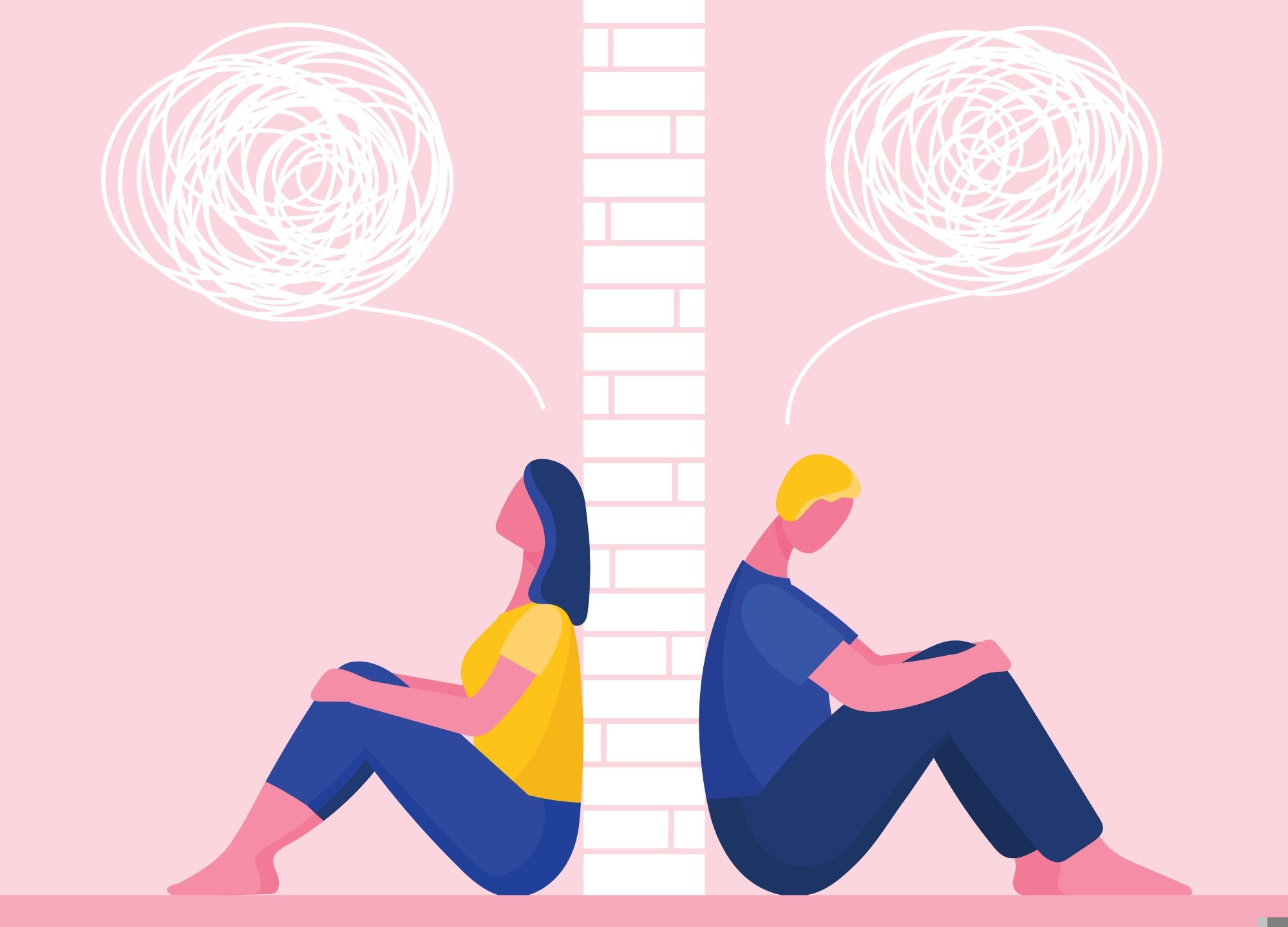Their results indicate that interventions such as forced breaks can effectively reduce impulsive aggression by diminishing negative emotional arousal and limiting impulsive actions, suggesting practical strategies for managing conflict in relationships.
 Study: Both partners’ negative emotion drives aggression during couples’ conflict. Image Credit: Anna Tigra / Shutterstock
Study: Both partners’ negative emotion drives aggression during couples’ conflict. Image Credit: Anna Tigra / Shutterstock
Background
Previous studies have shown that aggression between intimate partners is a widespread issue, with many couples experiencing some form of physical conflict. Research indicates this aggression is often reactive, meaning it happens impulsively in response to strong emotions like anger.
One key factor linked to this impulsive behavior is known as "negative urgency," which describes the tendency to act rashly when feeling upset. This impulsivity is a major contributor to aggressive behavior in relationships but is distinct from systematic abuse.
Additionally, studies suggest that both partners' emotions can influence aggression during conflicts. For example, when one partner expresses negative emotions, it can trigger similar feelings in the other, leading to a cycle of retaliation and escalating conflict.
This cycle is often described in models like the Violence Escalation Cycle, which explains how aggression tends to increase over time as each partner reacts to the other's actions.
Despite these insights, much of the previous research relied on self-reports rather than real-time observations of couples in conflict. This study uniquely utilized face-to-face interactions, offering a more direct observation of emotional co-regulation between partners. There is a need for more experimental studies that examine how partners' emotional expressions affect their behavior during conflicts, particularly in controlled, face-to-face interactions.
This gap highlights the importance of understanding the emotional dynamics that drive aggression in relationships.
About the study
Researchers focused on understanding the emotional dynamics during conflicts, particularly how negative emotions and impulsivity contribute to reactive aggression, which is often spontaneous and driven by strong feelings like anger.
They focused on negative urgency, hypothesizing that introducing brief delays or 'forced breaks' between provocations and opportunities to retaliate can reduce impulsivity and aggression by allowing negative emotions to subside.
The study utilized an innovative design, allowing researchers to observe real-time emotional dynamics between couples, particularly how their facial expressions of emotion—analyzed using machine-learning techniques—predicted subsequent aggressive behaviors. To test their hypothesis, they analyzed couples engaging in competitive tasks, measuring their emotional expressions and responses to see if these forced breaks lead to less aggression.
The sample comprised 104 romantic couples who participated in an experiment to examine how emotional responses influence aggression during conflict.
Each participant received £12.50 for their involvement. After winning a round of a competitive reaction time game, they were randomly assigned to either an immediate response condition or one of three forced break conditions (5, 10, or 15 seconds).
The game involved couples competing face-to-face, where the winner selected the loudness of a noise blast sent to the loser.
Aggressive behavior was measured by the volume of these blasts. Emotional expressions were recorded using a camera, and facial emotions were analyzed using a machine-learning program, which scored different emotional displays.
Participants also completed a questionnaire assessing their trait aggression. After the game, participants were debriefed and provided with resources for support if needed. To ensure the robustness of their findings, a follow-up study was conducted, replicating the methods with a similar participant demographic and adding qualitative questions about their experiences.
Findings
The study investigated the relationship between negative emotions and aggression in a competitive task. It found that participants scored lower in trait aggression (average score of 13.86) compared to the general population.
Self-reported aggression did not correlate with behavioral aggression during the task. When participants exhibited high negative emotions, they displayed more aggressive behaviors, with significantly higher blast levels in negative affect trials compared to positive ones.
Notably, taking a forced break reduced both negative emotions and aggression. When experiencing high negative emotions, participants displayed significantly lower blast levels after a break.
This effect was consistent, as participants who voluntarily waited longer also showed reduced aggression. Importantly, the study found that the duration of the forced break (whether 5, 10, or 15 seconds) did not significantly affect the reduction in aggression, suggesting that even brief pauses can be effective. When both partners in a couple exhibited high negative emotions, aggression was highest, demonstrating a compounding effect.
Conclusions
The study explored how emotional states between partners influence aggression in couples during conflict. It modified a commonly used aggression task to observe real-time interactions, revealing that both partners' negative emotions significantly increased aggressive behavior.
The introduction of short, forced breaks before responding reduced aggression, suggesting that even voluntary pauses could help manage conflicts.
The study's design provided a rare opportunity to observe emotional co-regulation in real time, offering valuable insights into the dynamics of intimate partner aggression.
The study's strengths include its innovative design, which allowed for direct observation of couples, and its focus on emotional co-regulation. However, it had limitations, such as a small, mostly homogeneous sample and ethical constraints on aggression measures.
Future research could expand the participant diversity, examine different relationship types, and explore the impact of voluntary breaks.
Overall, the findings highlight the importance of managing negative emotions in reducing aggression and suggest potential interventions for couples in conflict situations.